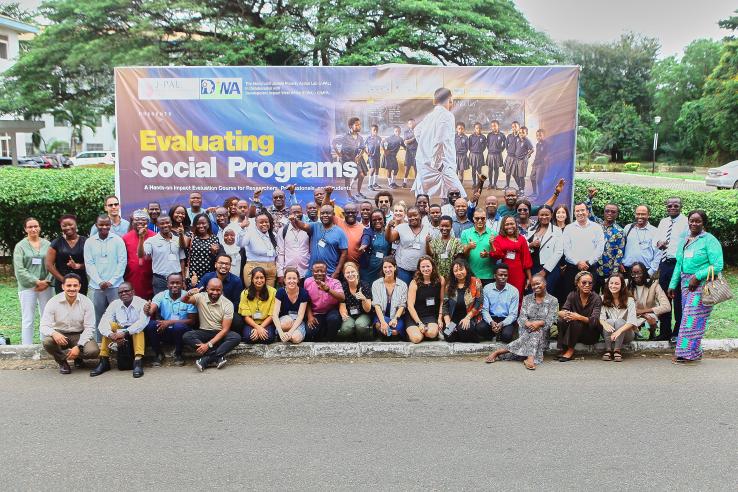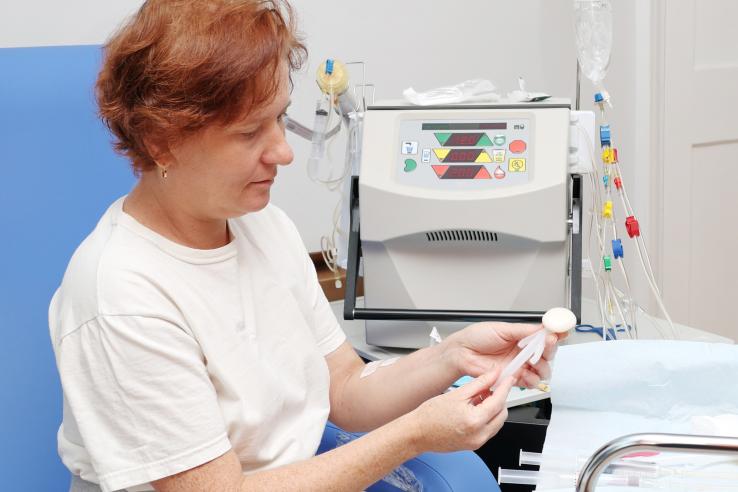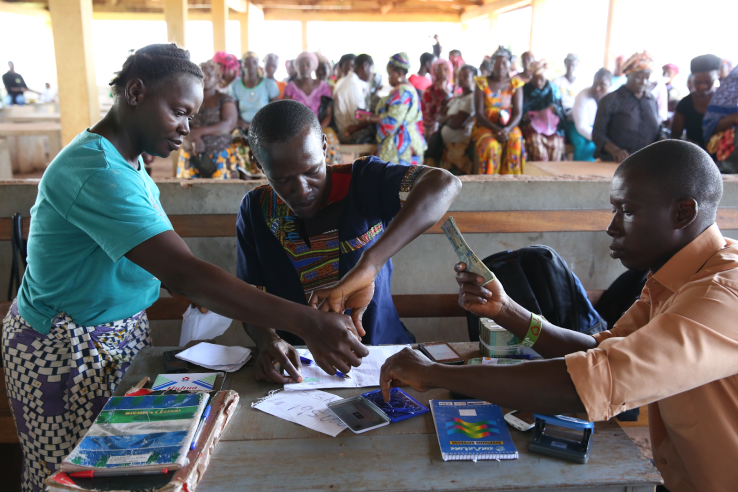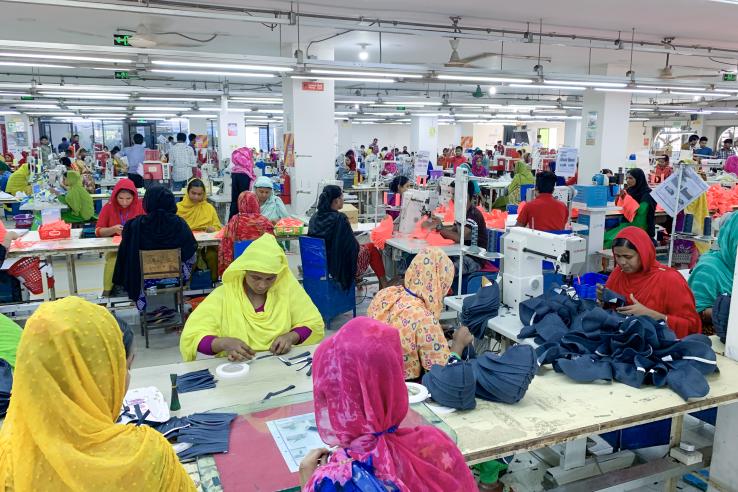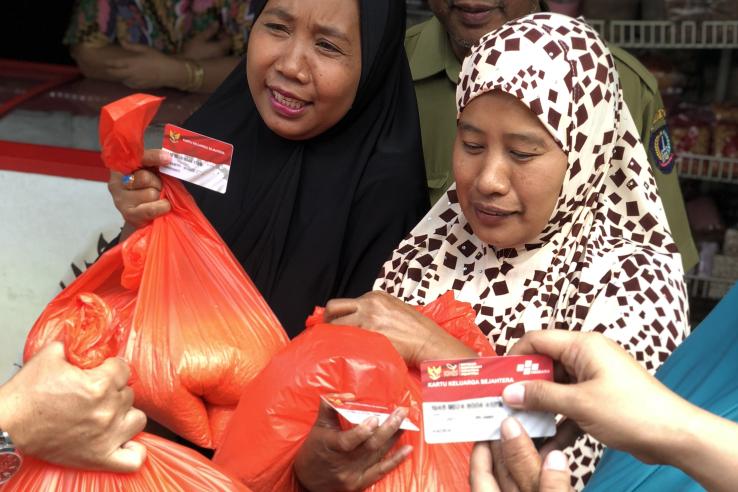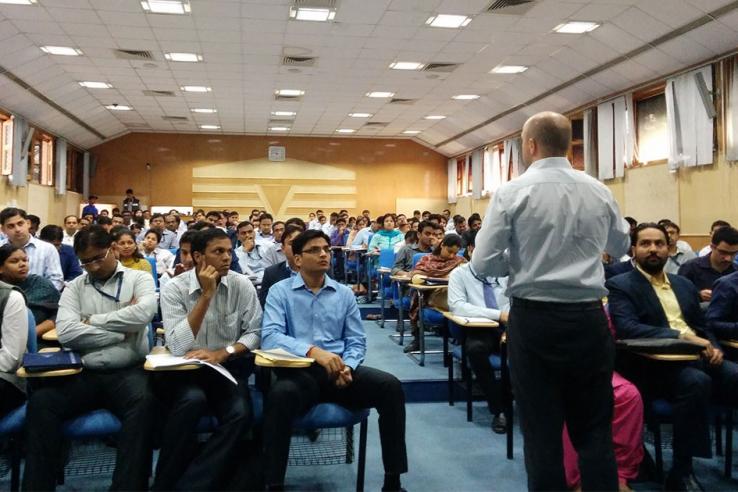Displaying 3406 - 3420 of 8491
Blog
The National Academies of Sciences, Engineering, and Medicine recently issued a report on the drivers of and solutions to intergenerational poverty in the United States. J-PAL North America staff had a conversation with J-PAL affiliated professor Greg Duncan (UC Irvine), chair of the authoring...
Blog
Regression to the mean is a statistical phenomenon where extreme outcomes tend to be followed by more moderate outcomes—closer to the mean. In the field of social policy, this could mean that individuals selected to participate in a program because of an extreme signal will naturally return back...
Update
J-PAL Updates
J-PAL North America's February newsletter features upcoming opportunities for state and local governments through the LEVER initiative, an interview with J-PAL affiliated researcher Greg Duncan, and a blog post about regression to the mean and impact evaluation.
Event
The J-PAL Africa Evaluating Social Programs Course will provide a thorough understanding of randomized evaluations and pragmatic step-by-step training for conducting one’s own evaluation.
Evaluation
Researchers analyzed the impact of a new reimbursement model to incentivize end-stage kidney disease providers and facilities to provide home dialysis on home dialysis rates. During the first year of the study, there was no statistically significant difference in home dialysis rates between hospital referral regions randomly assigned to the new reimbursement model and those that used the old model.
Event
J-PAL Africa, together with the University of Cape Town and the Southern Africa Labour and Development Research Unit (SALDRU), is excited to present a special open lecture featuring Nobel Prize laureate and J-PAL co-founder, Abhijit Banerjee. This insightful session will delve into the concept of...
Blog
After 20 years of evidence generation and synthesis delivered in partnership with cross-sector stakeholders, in the next decade, J-PAL is accelerating our work to bring evidence-based strategies to drive corporate sustainability and social impact.
Blog
In this three-part series, J-PAL South Asia Executive Director Shobhini Mukerji reflects on the lessons learnt from these experiences as she builds her What-Not-Do-List to realise J-PAL’s goal of a poverty-free world.
Event
J-PAL South Asia in collaboration with J-PAL Global organised a series of webinars through June 2020 for officials from the Indian government. This series was geared to support the Indian government as it transitions to a centralised online learning platform to build the capacity of their officers.
Person
Blog
Economic recovery in the wake of COVID-19 will depend on the survival of businesses, yet many at-risk small businesses struggle to reach the SBA’s financial lifeboat. How might policymakers encourage emergency relief loan applications from the most vulnerable small businesses?
Blog
Many countries have witnessed a surge in cases of domestic violence due to the onset of the COVID-19 pandemic and subsequent stay-at-home orders. This phenomenon is especially concerning in Africa, the eastern Mediterranean, and Southeast Asia, where rates of intimate partner violence (IPV) are...
Person
Person
Thomas Bossuroy previously served as a consultant to the French Development Agency and OECD on research and policy projects throughout Africa, and is currently involved in projects on political mobilization and health projects in India.



